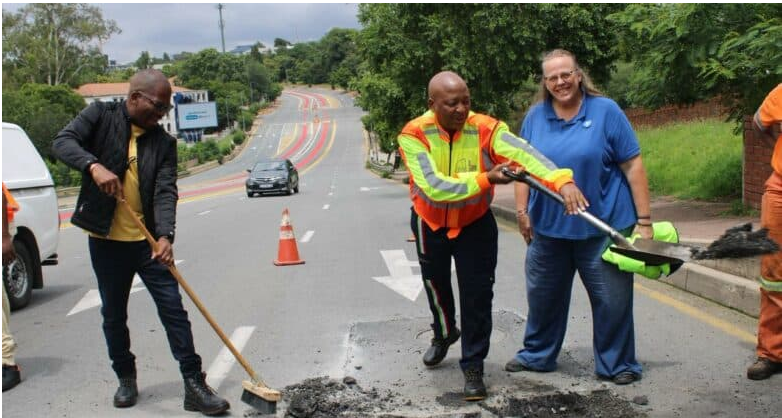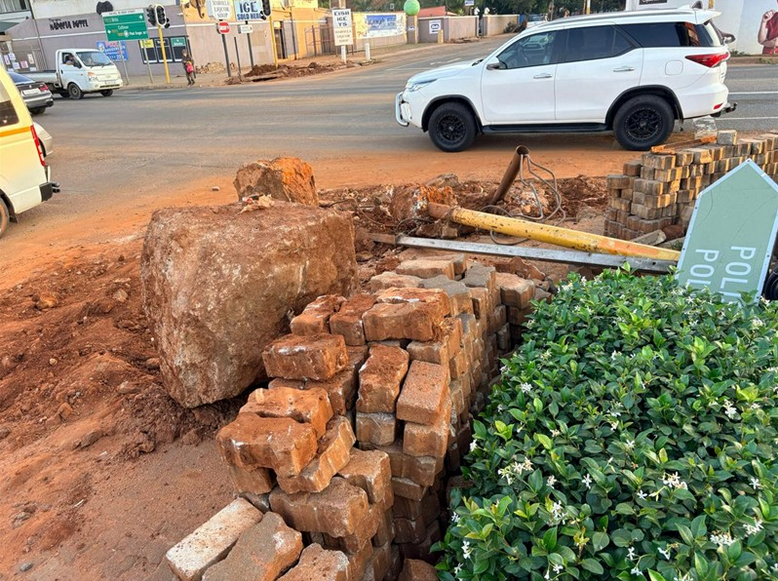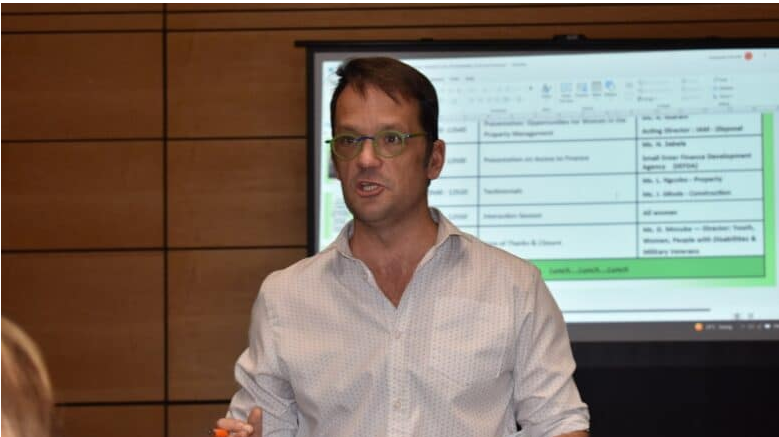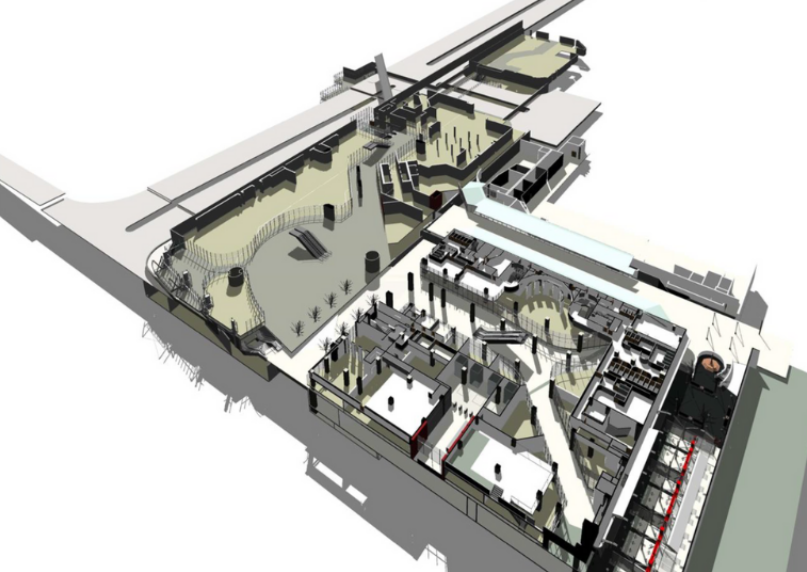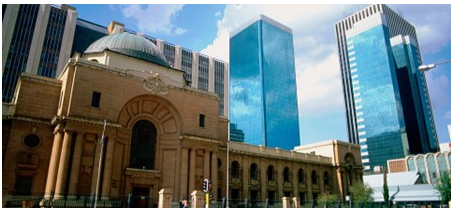Stefanutti, WBHO and Aveng settle multi-million-rand civil damages claim
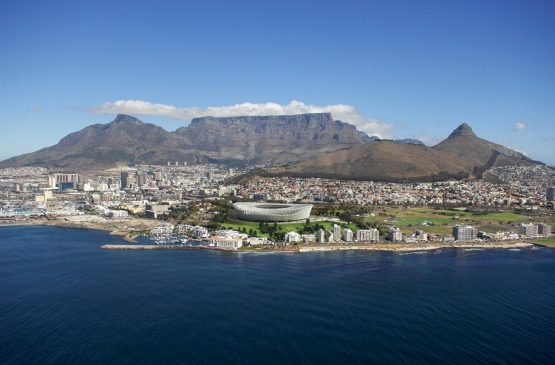
Advertising
19-05-2022
Read : 832 times
Moneyweb
Source
Each will pay R31.5m over the next three years for collusion and bid-rigging on Green Point Stadium project.
JSE-listed construction companies Stefanutti Stocks, WBHO and Aveng have agreed to settle the long-standing multi-million-rand civil damages claim against them by the City of Cape Town.
The claim was lodged because of collusion and bid-rigging on the Green Point Stadium, now called the Cape Town Stadium, ahead of the 2010 Fifa World Cup.
Stefanutti Stocks said on Wednesday that the parties to the claim – the City of Cape Town and WBHO Construction (Pty) Ltd, Aveng Africa (Pty) Ltd and Stefanutti Stocks – remain confident of their respective legal positions but have “mutually agreed that it is in the best interests of all to amicably settle the matter rather than prolong an extended and costly arbitration and court process”.
“This will allow for future positive engagements between the City of Cape Town and the contractors,” it said.
Stefanutti said the settlement includes:
An annual payment of R10.5 million by each contractor over the next three years.
A commitment to corporate social investment projects in the Cape Town district by WBHO Construction (Pty) Ltd and Stefanutti Stocks.
The City of Cape Town lodged a R429.47 million civil damages claim against the companies in December 2014, based on admissions they had made in a settlement agreement reached in 2013 with the Competition Commission, as part of the commission’s construction fast-track settlement process.
The city’s claim was initially set down to be heard in the Gauteng North High Court early in 2020 but the parties subsequently agreed to refer the matter to arbitration. The arbitration was heard from September 27 2021 to October 5 2021 and then postponed. It was set to resume from July this year.
In terms of the fast-track settlement process, 15 construction companies concluded consent agreements in which they agreed to pay penalties totalling R1.46 billion for collusion and bid-rigging.
Aveng
Aveng stakeholder engagement lead Itumeleng Lepere on Wednesday confirmed that the settlement agreement with the City of Cape Town was signed last week.
Lepere said this matter dates back a number of years and relates to a business that Aveng no longer owns.
This is a reference to Aveng’s former Southern African construction and engineering business Grinaker-LTA, which in 2019 was sold to Laula Consortium.
Lepere said Aveng remains of the view that it did not have a liability.
“However, we took a business decision to settle and avoid the ongoing distraction to our core business and the associated legal costs,” he said.
WBHO
WBHO Group CEO Wolfgang Neff on Wednesday confirmed a settlement payment of R31.3 million by each contractor over the next three years and that the settlement was formalised on May 16.
Neff said the reasons WBHO signed the settlement agreement were the same as those listed by Stefanutti Stocks.
He added that WBHO has made a proposal to the City of Cape Town in regard to the commitments it made on corporate social investment projects in the Cape Town district.
“This will be fleshed out with the city in due course,” he said.
City of Cape Town
Cape Town Mayor Geordin Hill-Lewis on Wednesday welcomed the settlement of about R135 million between the construction firms and the City of Cape Town.
Hill-Lewis stressed that the City of Cape Town was the only metro to succeed in bringing a claim to the point of settlement arising from the Fifa World Cup construction collusion.
He said the settlement will see R93 million in cash payments to the City of Cape Town over a stipulated time frame, and a minimum R42.5 million social investment of solar energy systems, guaranteed to the City for sites of its choosing.
“This settlement serves to dissuade collusion of this type in the future, and concludes what would otherwise have been a protracted arbitration,” he said.
‘Illusion of competition’
WBHO and Stefanutti Stocks, in the settlement agreement reached with the Competition Commission that was confirmed by the Competition Tribunal, admitted that they had reached agreement with Group Five in December 2006 to provide a cover price for this project to ensure that Group Five did not win the tender.
Cover pricing involves creating the illusion of competition by some firms submitting non-competitive bids to enable a fellow conspirator to win a tender, with the winning bidder paying a ‘loser’s fee’ to the firm that provided the cover price.
Stefanutti Stocks admitted receiving a cover price from WBHO to ensure that it submitted a non-competitive bid and ensure that WBHO was awarded the tender.
The tender was awarded to the Murray & Roberts (M&R)/WBHO joint venture, with the project completed in December 2009.
M&R previously said the group had not been cited in the civil damages claim because it did not collude on the project.
Group Five, which went into business rescue and had its listing on the JSE terminated in June 2020, was not joined to the civil damages claim or arbitration proceedings.
Meetings
Aveng’s involvement follows its admission in its settlement agreement with the commission that Grinaker-LTA had colluded in respect of the 2010 Fifa World Cup stadiums.
In its consent agreement, Aveng said: “During or about 2006, Grinaker-LTA, WBHO, Murray & Roberts, Group Five, Concor and Basil Read met twice and reached an agreement in respect of the construction of the 2010 FIFA World Cup Stadia, in terms of which these firms agreed to allocate the Mbombela, Peter Mokaba, Moses Mabhida, Soccer City, Nelson Mandela Bay and the Green Point Stadia tenders among themselves and to exchange cover prices.
“They further agreed that they should all aim to obtain a 17.5% profit margin in all the 2010 FIFA World Cup Stadia projects. This conduct is collusive tendering in contravention of section 4(1)(b)(iii) of the Act.”
Recent News
Here are recent news articles from the Building and Construction Industry.
Have you signed up for your free copy yet?
